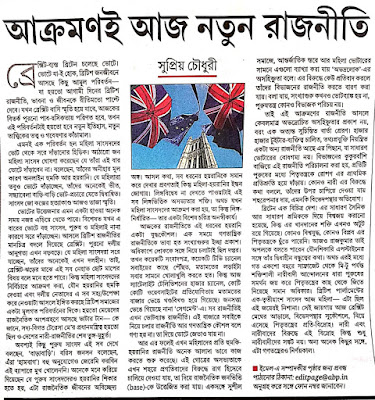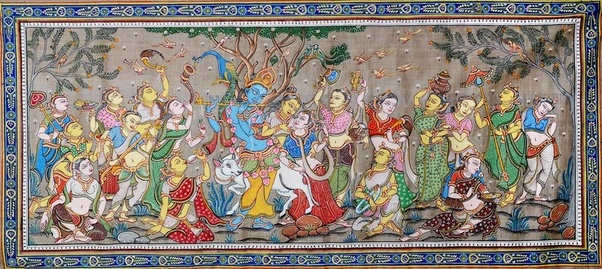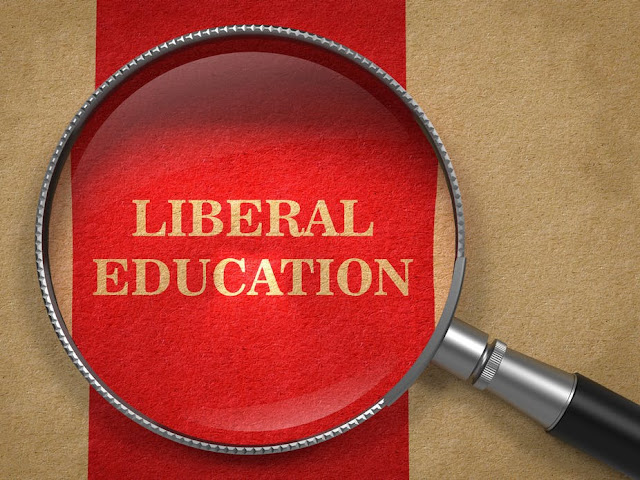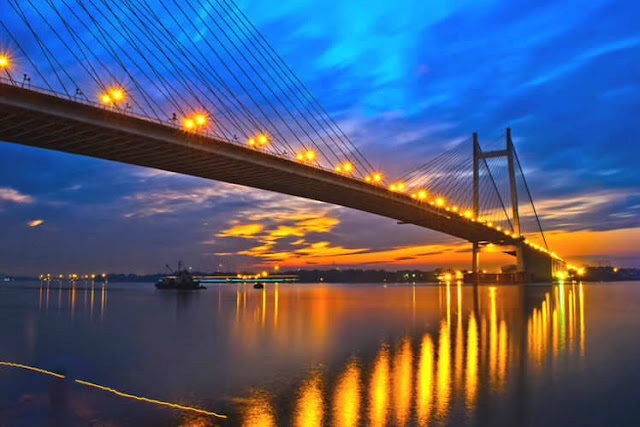Is 'Brain-drain' dead?

'Brain-drain' used to be big: Textbooks had sections on it, conferences bemoaned it and it was seen as a serious problem holding back the 'Third World'. But, that was then: Suddenly it went out of fashion. As I grew up under its shadow - I studied Development Economics for my first degree - I am always very curious to know when exactly it died. It was already terribly out of fashion in the 1990s, the age of 'liberalization' and 'Globalization' and as the 'Third World' ceased to be the 'Third' and became 'developing' countries instead. But I have a hunch that 'brain-drain' limped on for a while, at least until 2008. As the lights went out in the West and many skilled migrants started returning to their home countries (which somehow withered the storm, at least at that point), 'Brain-drain' became an utterly useless concept. However, what killed 'Brain-drain' is not 'reverse migration'










